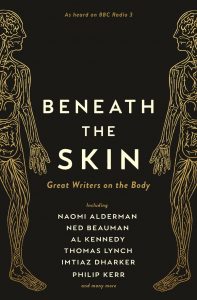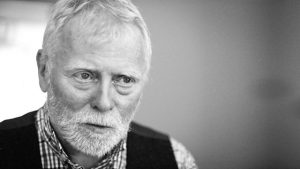 As part of the BBC’s celebration NHS at 70 in 2018, Rita Charon, doyenne of narrative medicine at Columbia University, New York, contributed five episodes for BBC Radio 3’s The Essay about how study of literature and fiction can help clinicians to engage more fruitfully with patients. The overall theme is that reading about people and their existential struggles can open the reader’s imagination to important issues in the lives of their patients. And in literature these issues are often described from completely different perspectives from the reader’s, resulting in an important process of reframing.
As part of the BBC’s celebration NHS at 70 in 2018, Rita Charon, doyenne of narrative medicine at Columbia University, New York, contributed five episodes for BBC Radio 3’s The Essay about how study of literature and fiction can help clinicians to engage more fruitfully with patients. The overall theme is that reading about people and their existential struggles can open the reader’s imagination to important issues in the lives of their patients. And in literature these issues are often described from completely different perspectives from the reader’s, resulting in an important process of reframing.
The literature used in these … Read more...




